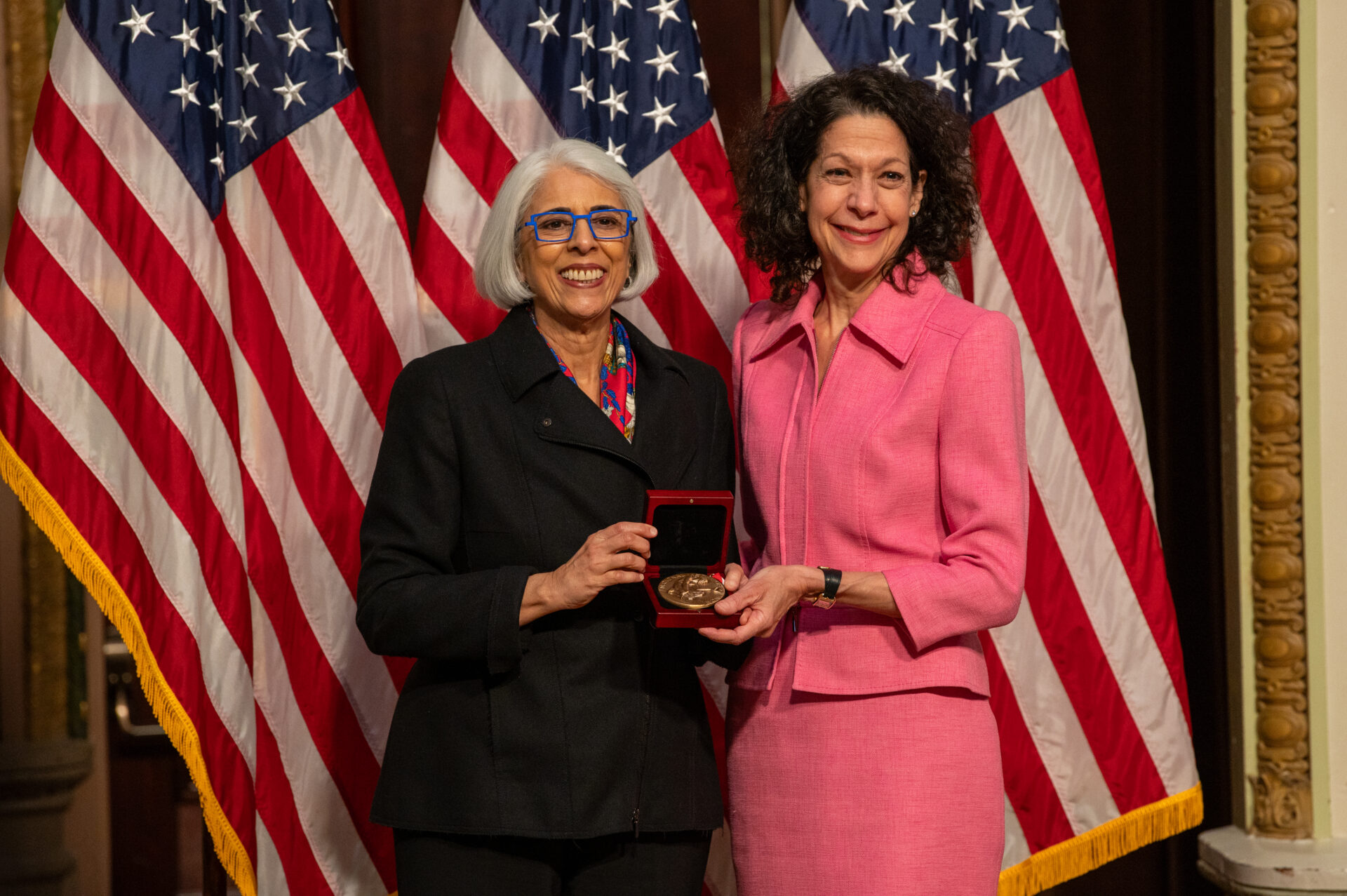Bonnie Bassler is a Howard Hughes Medical Institute Investigator and the Squibb Professor and Chair of the Department of Molecular Biology at Princeton University. Bassler received a B.S. in Biochemistry from the University of California at Davis, aPh.D. in Biochemistry from the Johns Hopkins University, and she performed postdoctoral work in Genetics at the Agouron Institute. She joined the Princeton faculty in 1994. The research in her laboratory focuses on the molecular mechanisms that bacteria use for intercellular communication. This process is called quorum sensing. Bassler’s research is paving the way to the development of novel therapies for combating bacteria by disrupting quorum- sensing-mediated communication. Prior to being Chair of Department, Bassler directed the Molecular Biology Graduate Program and she chaired Princeton University’s Council on Science and Technology. Bassler has served as President of the American Society for Microbiology and Chair of the AmericanAcademy of Microbiology Board of Governors.
Bassler has received many prizes including a MacArthur Foundation Fellowship, Wiley Prize, UNESCO-L’Oreal Woman in Science Award for North America, Shaw Prize in Life Sciences and Medicine, PealMeister Greengard Prize, Dickson Prize in Medicine, Gruber Genetics Prize,GeneticsSociety of America Medal, Wolf Prize in Chemistry, Canada Gairdner InternationalAward, the Princess of Asturias Award, and the Albany Prize. She also received Princeton’s President’s Award for Distinguished Teaching. She has been elected to the American Academy of Microbiology, American Association for the Advancement ofScience, National Academy of Sciences, National Academy of Medicine, American Academy of Arts and Sciences, Royal Society, and American Philosophical Society. She was a member of the National Science Board for six years and was nominated to that position by President Barack Obama. The Board oversees the NSF and prioritizes the nation’s research and educational activities in science, math, and engineering


